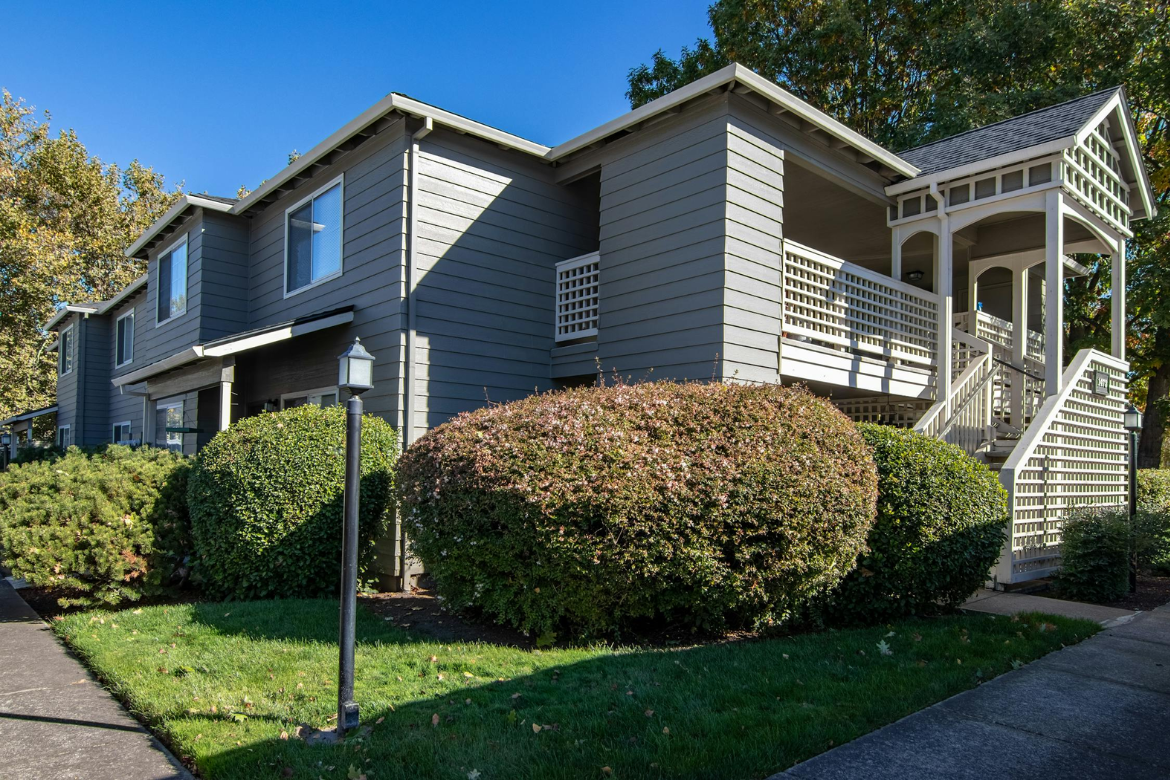Should You Sell Your Home or Become a Landlord?
Deciding what to do with a property you no longer plan to occupy can be a challenging and deeply personal decision. While selling might feel like the natural step forward, becoming a landlord offers its own unique set of opportunities and challenges. Both options carry financial, emotional, and logistical implications that require careful consideration. Let’s explore the pros and cons of selling versus renting out your home to help you make an informed choice.
Weighing Financial Considerations
When deciding whether to sell your home or become a landlord, the financial aspect is often at the forefront. Selling your home provides an immediate infusion of cash that can be used for purchasing your next property, paying off debts, or investing elsewhere. This is especially appealing in a seller’s market where housing demand is high, and homes are selling at premium prices. However, if the market is lukewarm or skewed in favor of buyers, you might not fetch the price you’re hoping for.
Becoming a landlord, on the other hand, offers the potential for ongoing passive income through rental payments. If your property is in a desirable area with strong rental demand, this steady income can supplement your finances and even build long-term wealth. But it’s important to factor in the costs associated with being a landlord mortgage payments, property maintenance, taxes, insurance, and the occasional vacancy. These expenses can quickly add up, reducing the profitability of renting.
Ask yourself: What is your current financial situation? Do you need immediate liquidity, or are you looking for a source of ongoing income? Answering these questions can help steer your decision in the right direction.
Emotional Attachment and Time Commitment
Emotional attachment to a home can also play a significant role in the decision-making process. If you have fond memories or sentimental value attached to your property, selling it might feel like closing a cherished chapter of your life. In such cases, renting out the home allows you to maintain ownership while generating income. However, this comes with its own set of emotional challenges, such as seeing tenants potentially alter or damage a space you hold dear.
Moreover, becoming a landlord demands time and energy. From advertising your rental property to screening tenants, managing lease agreements, handling repairs, and dealing with late payments, the process requires consistent effort. You might also have to navigate legal and regulatory requirements, which can vary depending on your location. Hiring a property management company can alleviate some of these burdens but will eat into your profits.
Selling, by contrast, is often a quicker and less complicated process. Once the sale is complete, you’re free to move on without the ongoing responsibilities of managing a property. If your lifestyle is already stretched thin with commitments, this route might be more appealing.
Market Trends and Timing
Another critical factor to consider is the current state of the real estate market. Timing your decision to align with market trends can significantly impact your financial outcome. In a booming real estate market with high demand and low inventory, selling might yield a substantial profit. Conversely, if the market is experiencing a downturn, holding onto the property and renting it out until conditions improve could be a more strategic move.
Similarly, local rental market trends should not be overlooked. A property in an area with high rental demand and limited availability can provide reliable rental income. Before committing to becoming a landlord, research local rental rates, average vacancy periods, and the demographic profile of potential tenants. These insights will help you assess whether your property is well-suited to generate consistent income.
If market trends favor neither selling nor renting, consider your long-term goals. Are you prepared to hold onto the property and wait for better market conditions? Or do you prefer the certainty of a sale, even if it means compromising on the price?
Risk Management and Exit Strategy
Both selling and renting come with risks that should be carefully weighed. For landlords, the risks include tenant disputes, property damage, market fluctuations, and periods of vacancy. There’s also the possibility that rental income may not always cover your expenses, especially if unexpected repairs arise. To mitigate these risks, landlords must build an emergency fund, thoroughly vet tenants, and stay up to date on landlord-tenant laws.
Selling, while less risky in terms of ongoing obligations, carries its own uncertainties. Will the home sell quickly? What if the sale price is lower than expected? These are valid concerns, particularly in a volatile market. However, once the sale is complete, you eliminate future risks associated with property ownership a significant relief for those who value simplicity.
An exit strategy is essential regardless of your choice. If you decide to rent out your home, think about how long you’re willing to be a landlord and under what circumstances you would eventually sell. On the other hand, if you sell your home, consider how the proceeds will be allocated to maximize your financial benefits.
The Role of Expert Guidance
Navigating the decision between selling your home and becoming a landlord is not something you have to do alone. Consulting with real estate professionals can provide invaluable insights into current market conditions and help you evaluate your property’s potential. Property management companies can offer a realistic picture of what being a landlord entails, while financial advisors can help you weigh the monetary pros and cons of each option.
For homeowners seeking a fast and hassle-free selling experience, Fair Sale Homes provides an efficient solution that removes the stress and uncertainty of traditional methods. Their streamlined approach is ideal for those who need to sell quickly or wish to skip the complexities of listing, staging, and negotiating altogether.
Whether you’re leaning toward selling or renting, the key is to approach the decision with clarity, realistic expectations, and a willingness to adapt based on changing circumstances.
What’s Right for You?
The choice between selling your home and becoming a landlord depends on your unique financial situation, lifestyle, and long-term goals. Selling offers a clean break and immediate funds, while renting provides an opportunity for passive income and long-term equity growth. By carefully evaluating factors such as market trends, financial needs, and the time you’re willing to invest, you can make a decision that aligns with your priorities.
Take your time to analyze both options, seek professional advice, and trust your instincts. Whether you sell or rent, the decision should empower you to move forward with confidence and peace of mind.








